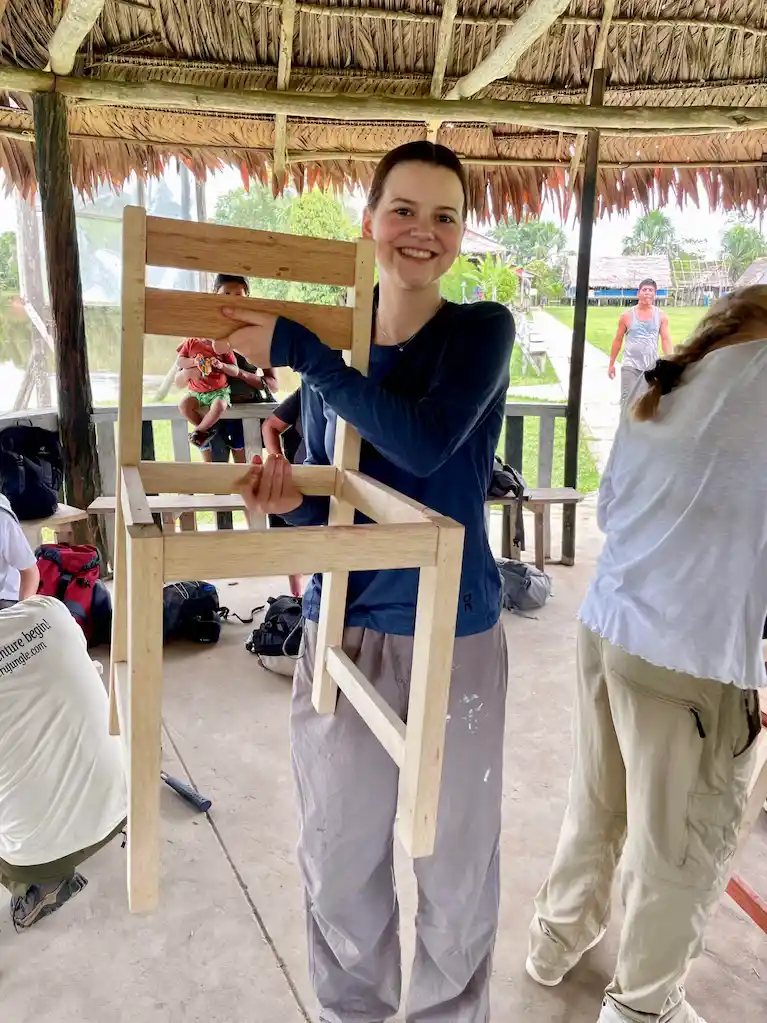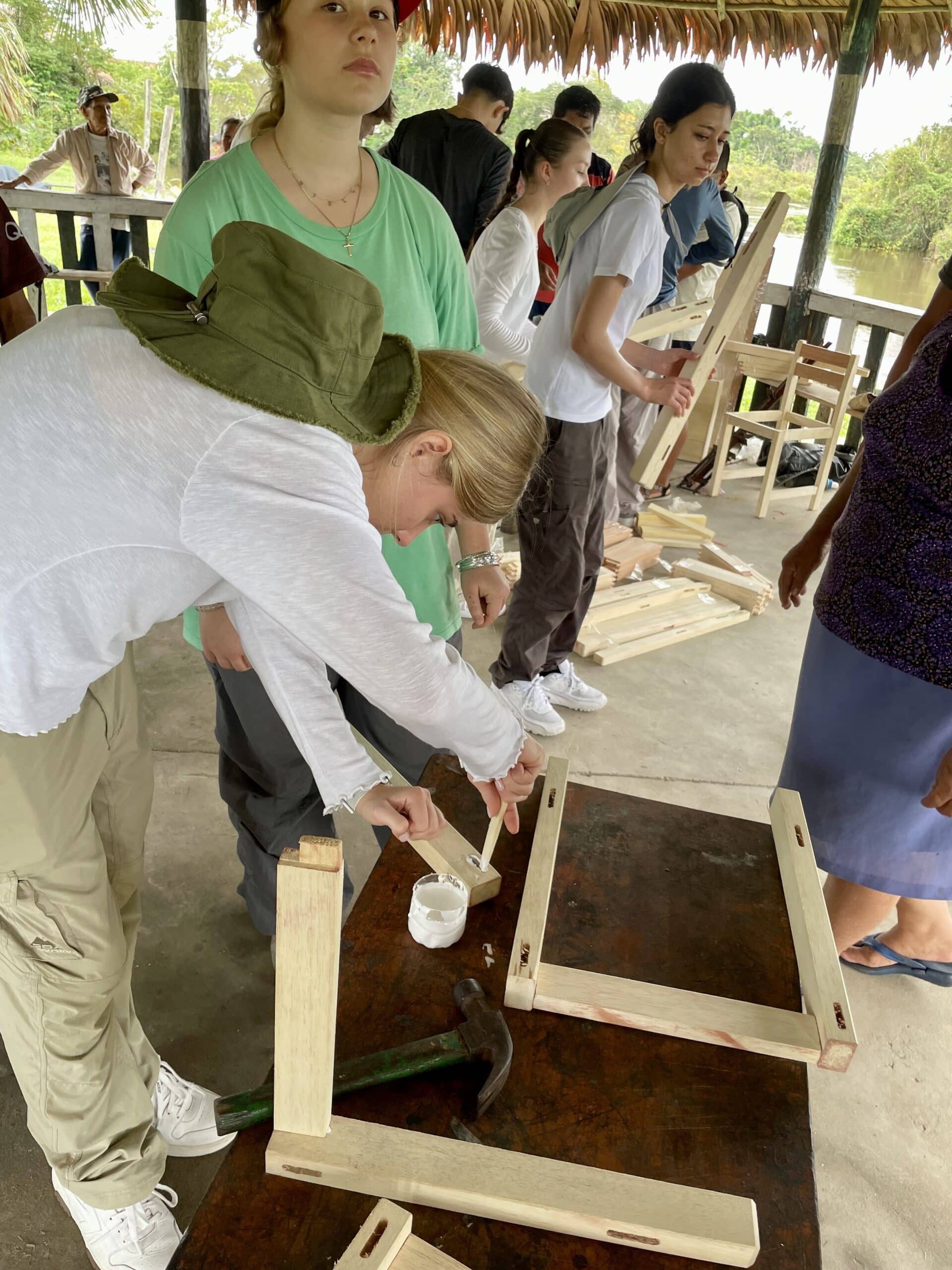
How we really assess and promote learning!
Unlike most schools in Germany, COLOGNE INTERNATIONAL SCHOOL – Internationale Friedensschule Köln does not award grades from 1 to 6 or from 1 to 15 points. There is a good reason for this: a grade for a child’s performance in a subject over the course of a school year says little about what the child can do exceptionally well for their age and what they still need to work on. If you ask elementary school parents whether they would prefer grades with smileys and differentiated texts or traditional grades for their offspring, the choice is almost always in favor of traditional grades. Why is that? Do grades motivate children? How do grades affect children’s self-confidence?
In my opinion, differentiated approaches to performance assessment are lost in the discussion about grades. The COLOGNE INTERNATIONAL SCHOOL – Internationale Friedensschule Köln is an IB school and therefore follows a well thought-out system that focuses on the individual learning progress of our students. I would like to present this system in more detail in this article.
Primary Years Programme, Grades 1 to 5 (IB PYP)
In Grades 1 to 5, we use a 4-level grading scale that not only reflects achievement but also takes into account specific learning objectives. It is important to understand that grades do not reflect the whole picture. They only reflect a moment in the learning process.
In the middle and upper school, we also rely on an assessment continuum that reflects individual learning progress without directly comparing students with one another. In this way, each grade contributes to the reflection and further development of the students – regardless of name, gender or origin.
Middle Years Programme, Grades 6 to 10 (IB MYP)
At IB schools like CIS, grading is understood as “evidence of learning”. This means that we set clear criteria for assessment that are standardized worldwide and allow for transparent comparison. Our aim is to highlight the strengths and areas of development of each individual student. This gives parents a clear overview of what their child can already do and where they still need support.
One example: In math, we assess up to 12 learning objectives, from clock time to word problems. This enables precise feedback on learning progress and targeted further development.
Diploma Programme, Grades 11 to 12 (IB DP)
In the Upper School we use a similar assessment continuum as in the Middle School, but the 4 criteria are added together (A+B+C+D) to give a grade from 1 to 7, with 7 being the best possible grade.
Grades are important, but only one part of the whole. We need to ensure that they are seen as a tool for improvement and not as the sole indicator. Let’s work together to create a system that values and promotes the diversity of learners.
For more information about our programmes and admissions, please visit our Primary School and Secondary School pages.
Ingo Stolle, Member Board of Directors at Cologne International School








